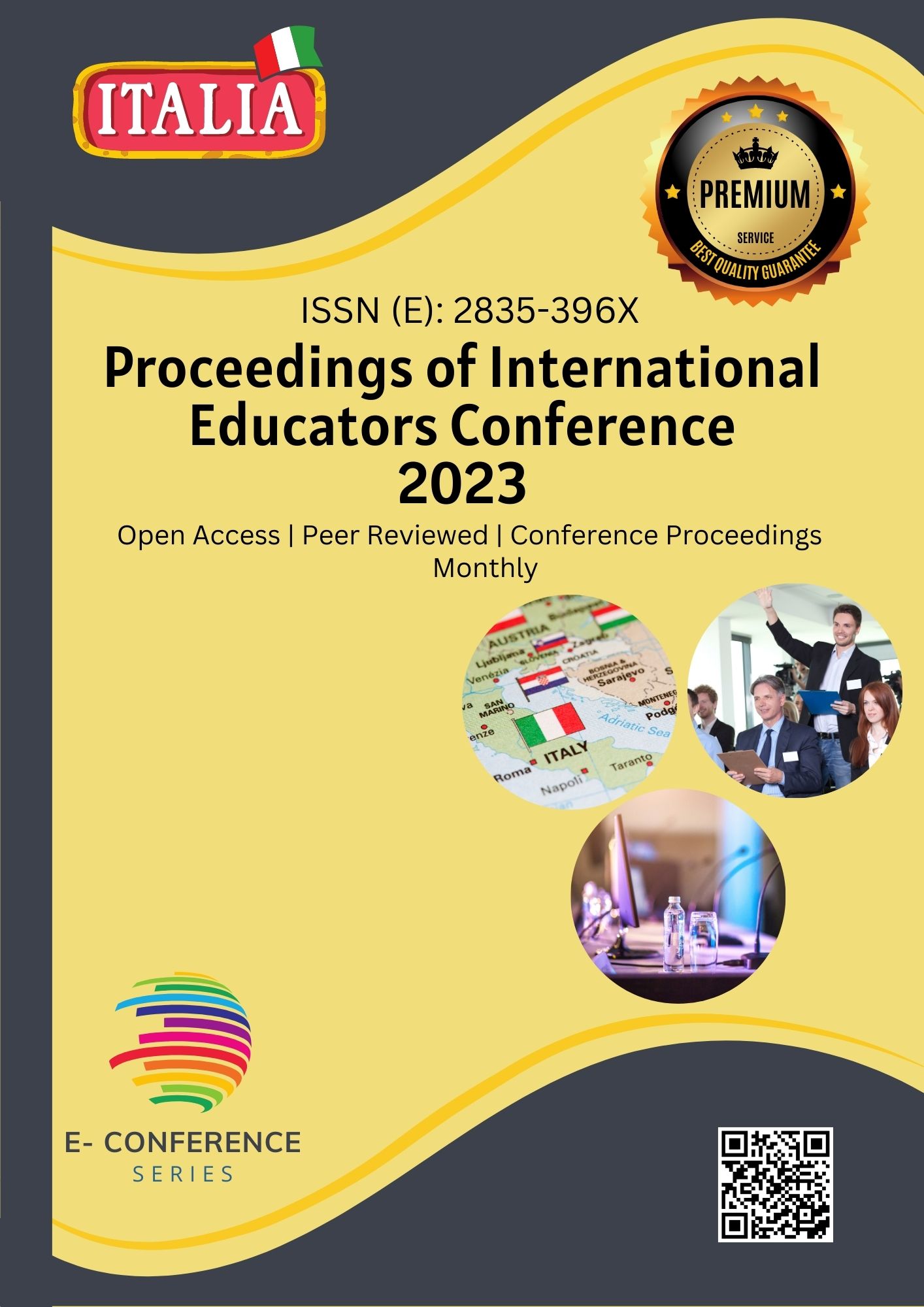DEVELOPING INTERCULTURAL COMPETENCE THROUGH EDUCATION
Abstract
Language is a means of forming and storing ideas as reflections of reality and exchanging them in the process of human intercourse. Language is social by nature; it is inseparably connected with the people who are its creators and users; it grows and develops together with the development of society.
References
Bachman Lyle F. Fundamental Considerations in Language Testing. Oxford: Oxford University Press, 1990.
Barrett M. Children’s Knowledge, Beliefs and Feelings about Nations and National Groups. Hove: Psychology Press, 2007.
Burwitz-Melzer E. Teaching intercultural communicative competence through literature. In M. Byram, A. Nichols & D. Stevens (Eds.) (2001). Developing Intercultural Competence in Practice. Clevedon: Multilingual Matters, 2001.
Byram M. Teaching and Assessing Intercultural Communicative Competence. Clevedon U.K Multilingual Matters, 1997.
Byram M. Multicultural Societies, Pluricultural People and the Project of Intercultural Education. Strasbourg: Council of Europe Publishing, 2009.
Byram M., Gribkova B. & Starkey H. Developing the Intercultural Dimension in Language Teaching: A Practical Introduction for Teachers. Strasbourg: Council of Europe Publishing, 2002.
Canale M. From communicative competence to communicative language pedagogy. In J.C. Richards and R. Schmidt, eds., Language and Communication London: Longman, 1983.
Downloads
Published
Issue
Section
License

This work is licensed under a Creative Commons Attribution-NonCommercial 4.0 International License.








